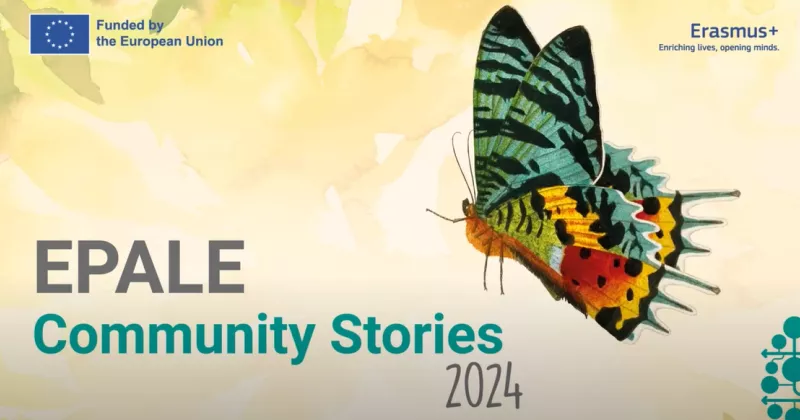Adult Education and Education 2030
‘Ensure inclusive and equal quality education and promote lifelong learning opportunities for all.’ Through political development efforts, the international community has identified adult education and learning, including adult literacy, as the basis for achieving sustainable development, including poverty eradication, inclusive and sustainable economic growth, combating inequality and strengthening social inclusion.
These commitments to improve access to adult education are particularly important since it is generally the lowest funded level of education. Few countries spend the recommended 3% of their national education budget on adult literacy and education programmes (UNESCO [2016] Reading the Past: Writing the Future ). Therefore, it is encouraging that in the third Global Report on Adult Learning and Education (2016), 57% of the 130 countries included in the sample stated that they plan to increase funding for adult education and learning in the future.
The Independent goal of the Agenda for Sustainable Development (‘Agenda’) for Education (SDG4) is: ‘Ensure inclusive and equitable quality education and promote lifelong learning opportunities for all.’ As part of this goal, a number of goals and indicators related to adult education have been inserted, including technical and vocational education (TVET), non-formal adult education and literacy, and higher education. However, although the goal refers to “lifelong learning”, there are no goals or indicators for this important concept, which dilute the ambitious and comprehensive nature of the goal.
Technical and vocational education has a prominent place in the Agenda, and as an SDG4 and SDG8 goal in decent work. The “crossover” makes sense because TVET empowers individuals with the knowledge and skills to ensure decent work and thus plays a role in reducing inequality and eradicating poverty. The connection is also reflected in the law on human rights, where TVET is considered part of the right to education and work.
The TVET objectives reflect the importance of the principle of non-discrimination of human rights by emphasising gender equality and the need for separate data for all indicators that monitor progress for each of the objectives. This is because TVET systems can be discriminatory. According to UNESCO, they are ‘often gender-biased, which influences the selection, access to and participation in specific learning programmes or occupations for both men and women. In turn, this gender division of labour contributes to the continuation of gender inequalities at work and in society as a whole.‘
Education is also crucial to achieving other goals under the 2030 Agenda for Sustainable Development, including:
• Objective 3.7 on universal access to sexual and reproductive health services, including family planning, information and education
• Objective 5.6 on universal access to sexual and reproductive health and reproductive rights, an indicator of the number of countries with laws and regulations guaranteeing women between the ages of 15 and 49 access to sexual and reproductive health care, information and education
• Goal 12.8 requires that people everywhere have relevant information and awareness of sustainable development and a way of life in harmony with nature.
An indicator for which: The extent to which (i) education on global citizenship and (ii) education for sustainable development (including education on climate change) are integrated into:
- national education policies;
- curricula;
- teacher education; and
- student assessment
• Objective 13.3 aims to improve education, awareness-raising and human and institutional capacity for climate change mitigation, adaptation, impact reduction and early warning, and its indicator: Number of countries that have integrated mitigation, adaptation, reduction and early warning in primary, secondary and tertiary curriculum.





